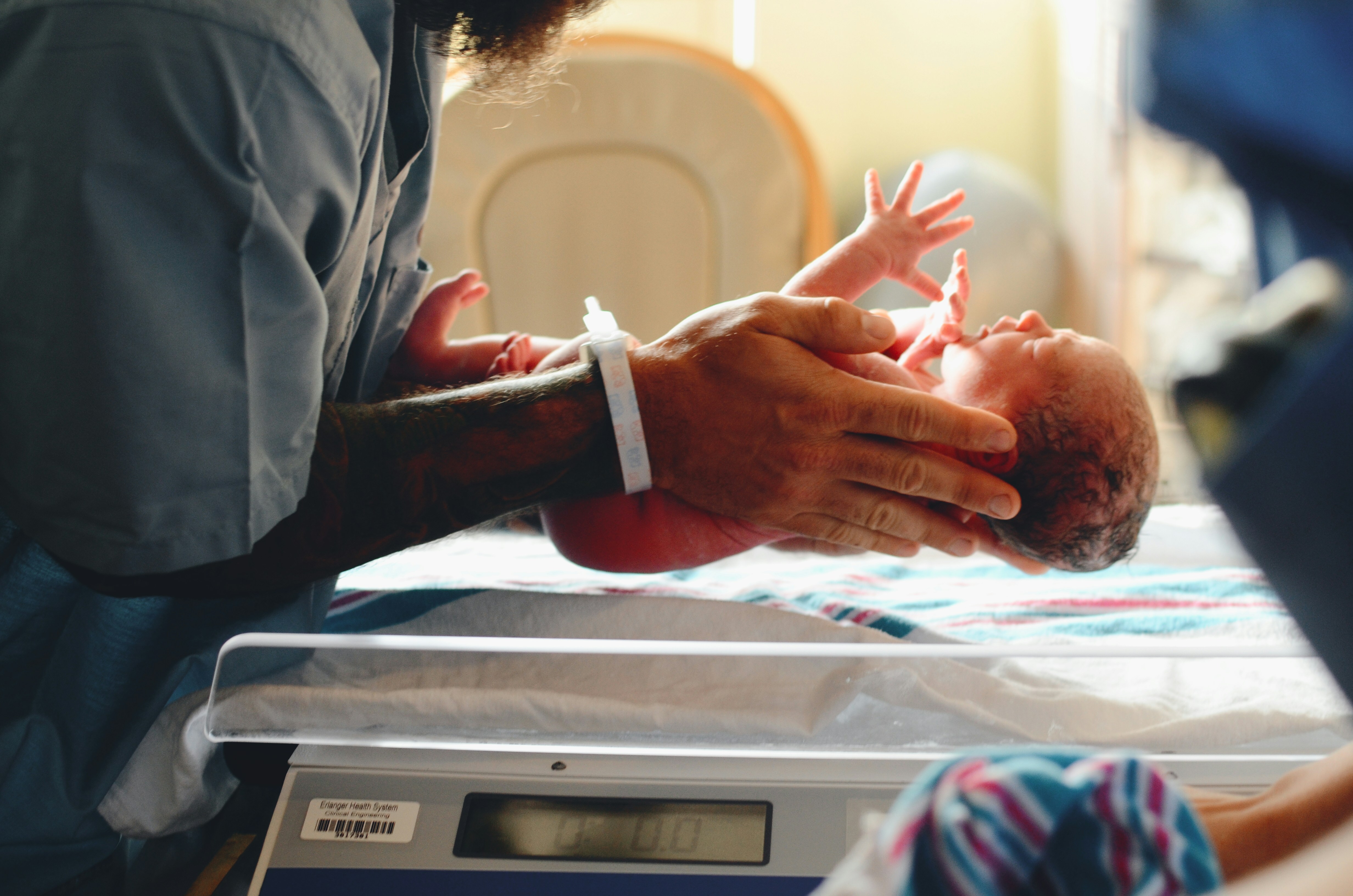News release
From:
About The Study: Results from this case-control study showed an association between aberrant metabolic analytes at birth and sudden infant death syndrome (SIDS). These findings suggest that we may be able to identify infants at increased risk for SIDS soon after birth, which could inform further mechanistic research and clinical efforts focused on monitoring and prevention.



 International
International



